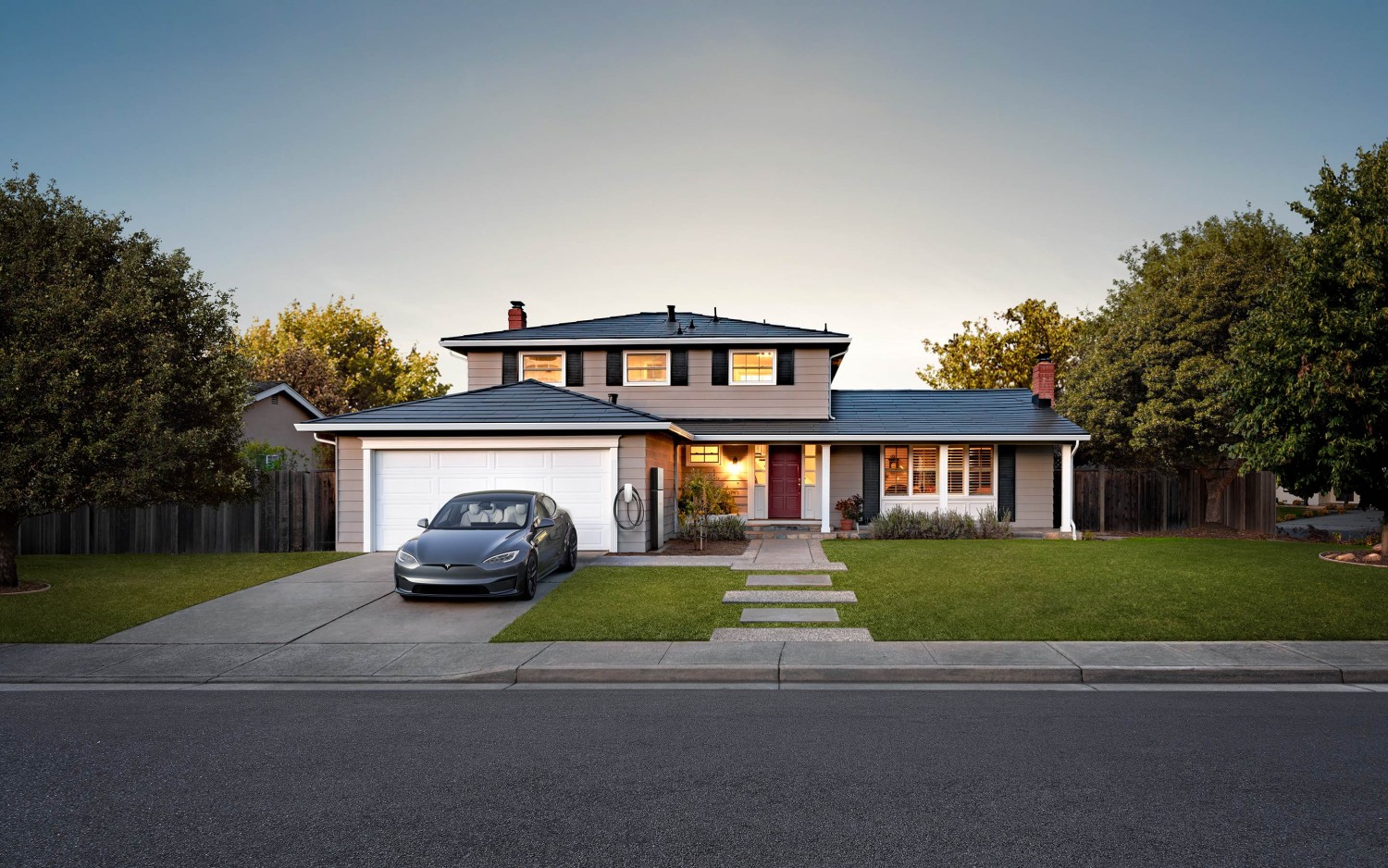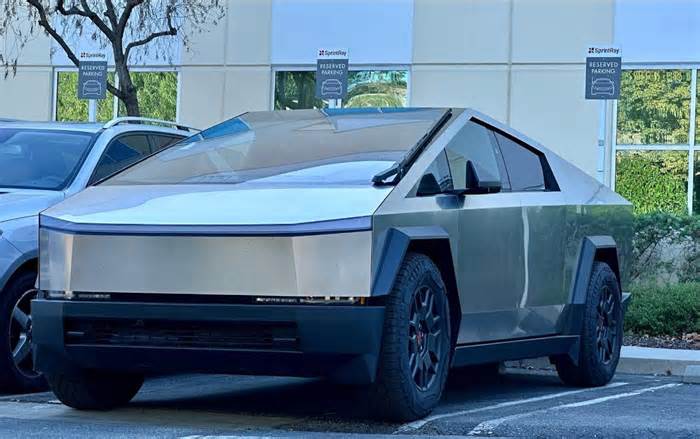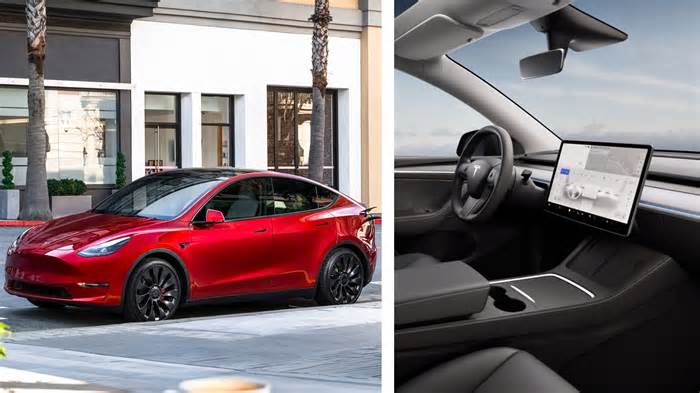
Starlink Internet Review: Decent Speeds for Your Home or on the Go
- by CNET
- Feb 23, 2024
- 0 Comments
- 0 Likes Flag 0 Of 5

Starlink Internet plans and pricing
Starlink plan Next
While I'd like to see a bit more speed for the price, or a lower price altogether, Starlink adds value in areas where other satellite services cannot.
Starlink has the potential to offer faster speeds than Hughesnet or Viasat (not to mention other popular rural internet options), with home internet speeds ranging from 25 to 220Mbps. In comparison, Hughesnet and Viasat top out at around 100Mbps to 150Mbps in most areas.
Starlink's Priority plan is listed as a "Fixed Site" plan for businesses, but you don't have to own a business to be eligible for the plan. Although the Flat High Performance equipment costs a hefty $2,500, you can choose between the Enterprise ($699) or Standard ($349) equipment instead. So, for $20 extra a month, customers can upgrade to the Priority plan for $140, pay the same equipment costs of $349 and avoid slowed speeds with priority data.
Starlink fees and service details
Starlink has only grown in popularity amongst rural internet customers and it's clear to see why. Let's take a closer look at the service terms of this satellite internet provider.
Data caps
Service comes with truly unlimited data. The Standard home internet plan includes unlimited data while the Priority plan comes with 40GB, 1TB or 2TB of "priority" data depending on the tier you choose. The Mobile Priority plan comes with a wider data cap, offering customers a range between 50GB to 5TB.
Priority data gives users network precedence over Standard users, potentially delivering faster speeds that are less vulnerable to network congestion. Once your priority data pool is exhausted, the service switches over to standard data. When that happens, bandwidth is prioritized the same as everyone else on the network at any given time.
As a result, you may experience slower speeds for the remainder of the billing cycle, but it's far less of a penalty compared to the substantial and intentional speed throttling Hughesnet and Viasat can enforce once customers surpass their monthly data allotment.
Latency low enough for online gaming
Another advantage of Starlink is its low latency, which is comparable to cable internet and other terrestrial connection types. Most customers should see latency low enough to support online gaming and avoid excessively lagging video calls.
Sometimes called "ping," latency measures the time it takes for information to travel to and from your internet provider. Geostationary satellites, like those employed by Hughesnet and Viasat, orbit some 22,000 miles above the Earth, resulting in the highest latency of any modern internet connection.
Starlink's low Earth orbit satellites zip around the planet at an altitude of around 350 miles -- 60 times closer to the Earth's surface than traditional satellites, per the company's claims -- so it takes far less time to transfer information back and forth.
High equipment fees but no installation costs
You might pay more month-to-month with Starlink than Hughesnet and Viasat if you upgrade to higher-performing equipment, but, at least for the moment, equipment costs are actually lower with Starlink. Standard equipment is priced at $349, far lower than its previous offer of $599.
That said, Hughesnet and Viasat give you the option to skip the upfront fee and lease equipment instead for an additional $15 to $20 per month. No such option is available with Starlink: customers purchase the equipment and after 30 days, it's theirs to keep.
Starlink may save you on installation costs, however, as no professional installation is required (or even available). Hughesnet and Viasat, on the other hand, require professional installation, which can add $100 or more to your upfront costs. Better still, equipment is apparently simple to set up, as seen in the video below.
On the go with the Starlink Mini dish
The rollout of the Starlink Mini leveled up Starlink's appeal to rural, traveling customers. The equipment costs $599, with a monthly subscription cost between $50 or $165. The equipment can fit in your backpack and includes a 30-day trial and no contracts: you can stop and start the service at any time.
Please first to comment
Related Post
How Tesla Will CONTROL the Robot Economy
- Feb 23, 2025
Stay Connected
Tweets by elonmuskTo get the latest tweets please make sure you are logged in on X on this browser.
Sponsored
Popular Post
tesla Model 3 Owner Nearly Stung With $1,700 Bill For Windshield Crack After Delivery
35 ViewsDec 28 ,2024
Middle-Aged Dentist Bought a Tesla Cybertruck, Now He Gets All the Attention He Wanted
32 ViewsNov 23 ,2024






 Energy
Energy



















